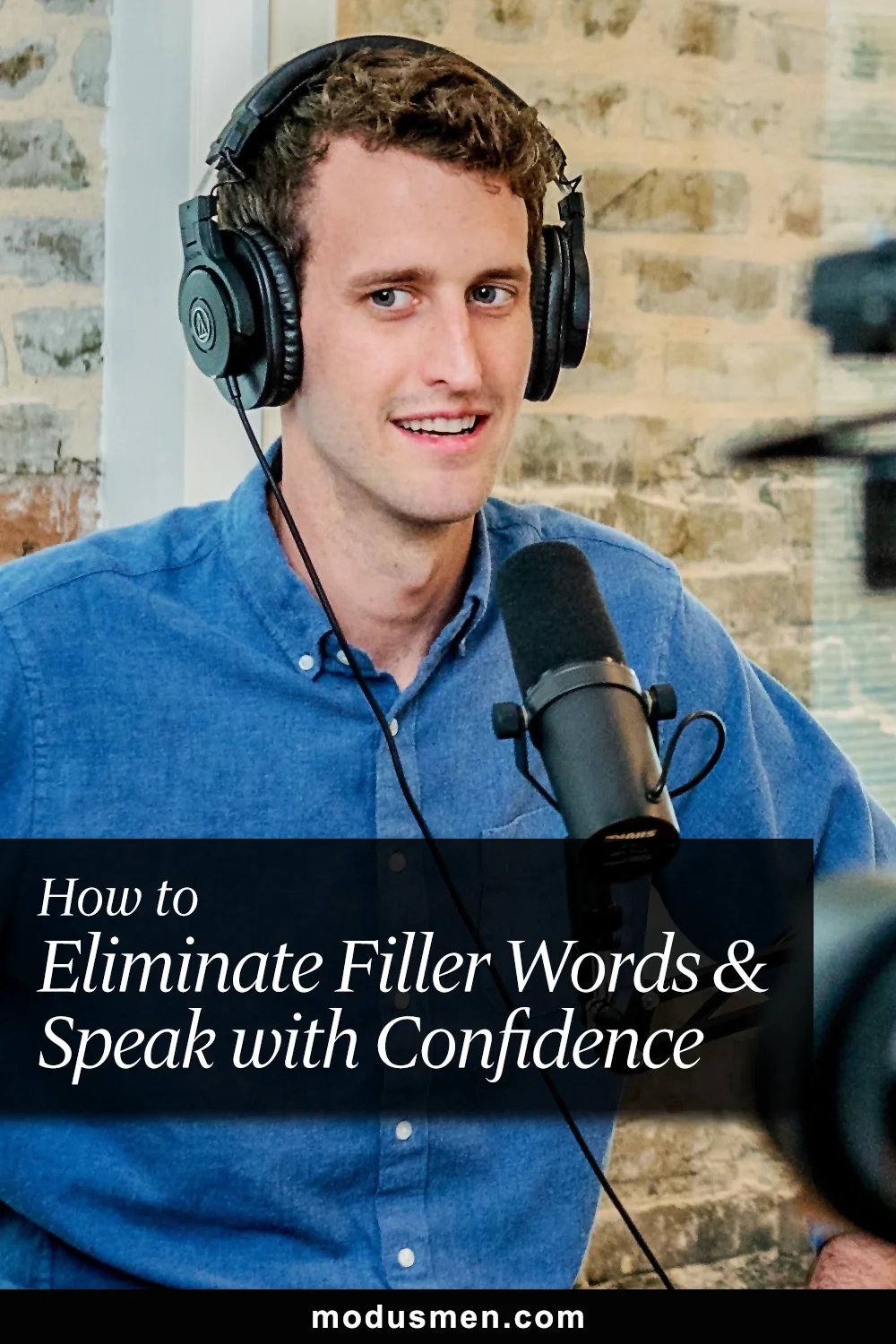
How to Eliminate Filler Words and Speak with Confidence
Communication can either make or break you, whether you’re trying to get ahead at work, impress someone, or just not embarrass yourself at a family gathering. And nothing ruins that sweet spot between sounding smart and being relatable like overusing filler words. You know, those pesky “um”s and “uh”s that sneak into your sentences and make you sound like you’re stalling for time on a game show. They’re not just harmless little hiccups; they can tank your confidence and make you look less polished. That’s why it’s crucial to eliminate filler words from your vocabulary.
Job interview? Ruined. Podcast guest appearance? Forget about it. Speech at your cousin’s wedding? You get the idea. Let’s dive into how filler words mess up your flow—and more importantly, how you can get rid of them for good.
Understand the Impact of Filler Words
Filler words, such as “um” and “uh,” can be problematic in various situations. Here are a few examples:
- Job Interviews: If you’ve ever found yourself in a job interview stumbling over every other word like you’re about to confess a crime, you’re not alone. Using filler words like “uh” or “you know” can make you seem unprepared or worse, lacking in confidence. It’s like your brain hits a pause button, and instead of just letting that silence hang, it fills the gap with noise. And that noise is what everyone remembers.
- Media or Podcast Interviews: It gets even more awkward when you’re doing a podcast or media interview. If you can’t get through a sentence without tripping over “um,” your message will get lost faster than a pair of sunglasses at a beach party. You want people to think, “Wow, this person knows their stuff,” not “Are they asking me or telling me?”
- Public Speaking: And if you’ve ever spoken in front of a crowd—whether it’s five people or five hundred—filler words are like kryptonite. They drain all the power from your message, making it harder for people to stay focused. Even worse, they make you look unsure, which isn’t exactly the vibe you want when you’re supposed to be the authority in the room.
Techniques to Eliminate Filler Words
Be Self-aware
The first step when you want to eliminate filler words is realizing you’re using them. Start paying attention to how you speak when you’re hanging out with friends or in the middle of a meeting. Do you say “um” when you’re thinking or when you’re afraid of awkward silences? Once you figure out when you rely on filler words, you can start catching yourself before the “uh”s take over.
Embrace the Awkward Silence
Pauses feel awkward. No one likes them. But here’s the thing: that silence you’re terrified of? It’s actually your secret weapon. Pausing gives you a second to gather your thoughts, making you sound calm and collected instead of rushed and frantic. Plus, a well-placed pause can actually make you seem more confident, like you’re letting your words sink in before dropping more wisdom. The next time you feel an “um” coming on, just pause. Let that awkward silence do the heavy lifting.
Slow Down Your Speech
Filler words often slip in when we’re talking too fast, like our mouths are trying to outpace our brains. Slow down, take a breath, and give yourself the mental space to choose your words carefully. If you’re worried about boring people, don’t be. Speaking a little slower gives your audience time to digest what you’re saying—and makes you look more in control.
Practice and Record Yourself
Speaking without filler words is a skill, and like any skill, it takes practice. Start small. Try focusing on one conversation a day where you consciously cut out filler words. Record yourself speaking and play it back (yeah, I know, no one likes hearing their own voice, but it helps). The more you practice, the more natural it will feel. Eventually, you’ll be able to speak with the smoothness of a news anchor without sounding like you’re reading a teleprompter.
Improve Your Vocabulary
Sometimes, filler words sneak in because you’re scrambling for the right word. Expanding your vocabulary can help solve that. When you have a wider range of words to pick from, you won’t feel the need to stall with “uh” while your brain plays catch-up. Read more, listen to podcasts, and challenge yourself to pick up new words. You’ll be surprised at how quickly you start sounding more polished—and less like you’re grasping for straws.
Prepare as Much as Possible
There’s no better way to avoid filler words than simply knowing your stuff. Whether you’re heading into a meeting or stepping up to a microphone, preparation is key. The more you practice and rehearse, the fewer filler words you’ll use. And yes, that includes job interviews and speeches—just make sure you know what you’re talking about. Otherwise, your brain will go straight to its default setting of “uh, I don’t know.”
Seek Professional Help
If you find it particularly hard to eliminate filler words, you can seek professional help. A speech therapist can help you to identify and overcome the underlying reasons why you use filler words, and develop strategies to eliminate them.
Eliminate Filler Words for Good
Look, we all use filler words sometimes, but mastering the art of speaking without them is like unlocking a new level of adulting. When you cut out the “ums” and “uhs,” you’ll sound smarter, more confident, and more in control—whether you’re nailing that job interview, speaking on a podcast, or giving a killer wedding toast. The key is practice, patience, and a little bit of self-awareness.
So, stop letting those verbal crutches hold you back. Embrace the silence, slow down, and speak like you mean it. After all, your words are worth hearing—so make them count.






